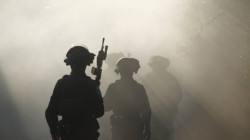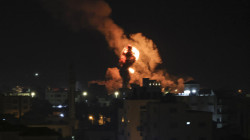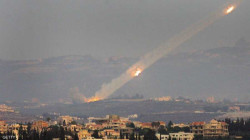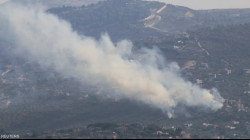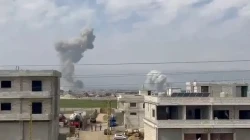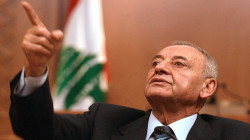Israel to weigh ceasefire proposals for Lebanon as US warns of escalation risks
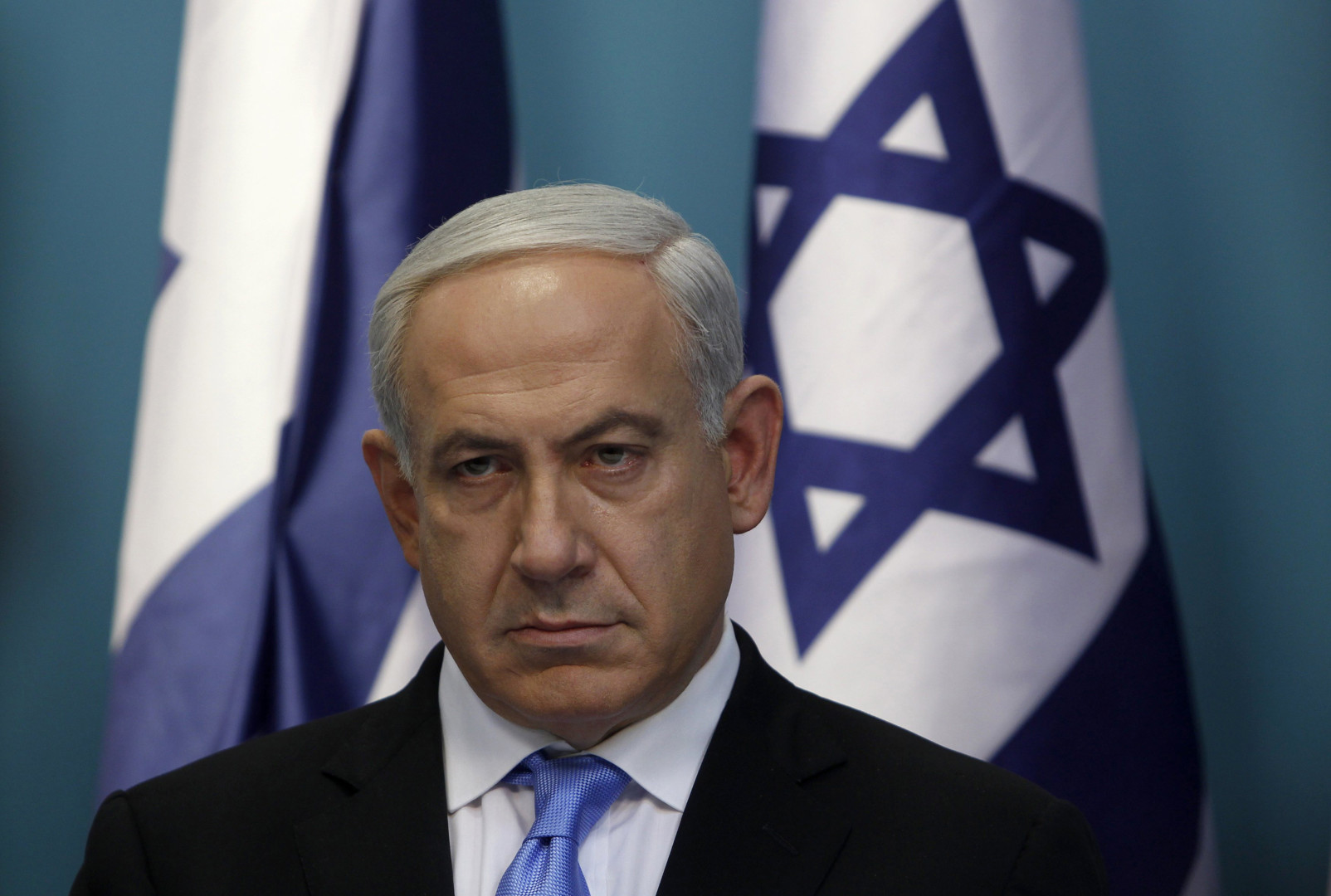
Shafaq News/ Israeli Prime Minister Benjamin Netanyahu said on Friday that discussions on ceasefire proposals for Lebanon would continue in the coming days, as the US warned that further escalation in the conflict with Hezbollah would only complicate the return of civilians to their homes on both sides.
The statement came a day after Israel’s foreign minister rejected international calls for a ceasefire with Hezbollah.
Despite ongoing Israeli airstrikes that have killed hundreds in Lebanon, Netanyahu’s government pressed ahead with military operations, raising concerns of a broader regional conflict.
However, US and French diplomats have been working to maintain hope for a 21-day truce, which was proposed on Wednesday. The truce talks continued behind the scenes, including during the United Nations General Assembly in New York, officials said.
The proposed truce aims not only to halt the ongoing conflict in Lebanon but also to create space for negotiations on a hostage exchange and ceasefire agreement in Gaza, where Israel is engaged in combat with Hamas group but killed more than 41,000 Palestinians mostly children and women. Additionally, the plan seeks to broker a withdrawal of Hezbollah forces from the northern border, in accordance with a United Nations Security Council resolution 1701.
The ceasefire initiative follows a week of intense Israeli strikes, which have caused hundreds casualties, including civilian deaths and the loss of senior Hezbollah commanders. In response, Hezbollah launched a series of missile and drone attacks targeting Israeli settlements and military positions, with a newly-revealed rocket Kader reaching Tel Aviv.
In Israel, the exact extent of damage from Hezbollah’s attacks remains unclear. Official reports have consistently downplayed the impact, stating that most rockets were intercepted or caused minimal damage, with authorities emphasizing that casualties have been limited to minor injuries and small fires. However, observers suggest that Hezbollah's attacks have caused more extensive damage and casualties, but Israel may avoid publicizing the full extent for strategic reasons.
